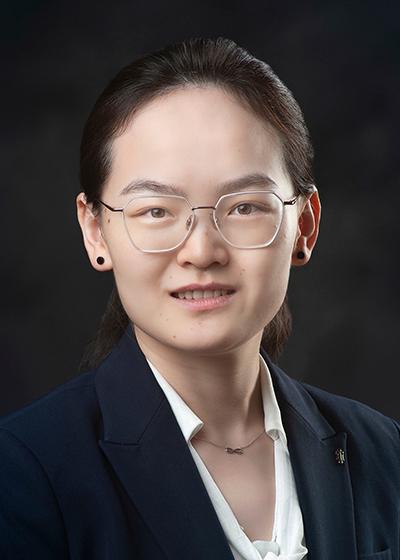Story content provided by Meg Henderson
Blackberries picked at the perfect ripeness could soon become the standard for consumers, thanks to a groundbreaking robotic harvester developed by Mississippi State University researchers. This innovation promises not only fresher, higher-quality berries on grocery shelves but also a more sustainable and efficient way to bring specialty crops from farm to table.
At the forefront of this transformation is Assistant Professor Xin Zhang, whose team in the Mississippi Agricultural and Forestry Experiment Station has created an advanced perception system powered by artificial intelligence. Acting as the “eyes” and “brain” of the robotic harvester, this system ensures only the ripest berries are picked, preserving their delicate quality and enhancing the overall consumer experience.
“Our main focus is detecting the ripe berries for the robotic harvester, but we’ve also designed the system to track ripening and unripe berries,” Zhang explained. “This not only optimizes the harvest but also helps farmers forecast their yields, ensuring a steady supply of premium-quality berries for consumers.”
This cutting-edge technology is part of a $1 million collaborative effort funded by the USDA National Robotics Initiative 3.0 and the National Science Foundation. Alongside Zhang’s perception system, other collaborating scientists are developing a soft-touch robotic arm capable of gently picking blackberries without damaging them.
Powered by YOLOv8 (You Only Look Once, version 8), the perception system quickly and accurately identifies ripe berries, achieving a remarkable 94% accuracy rate. It processes high-resolution images in real time, taking just 21.5 milliseconds per image. The data enables the robotic arm to target and pick berries with pinpoint precision, ensuring consistency and quality from harvest to packaging.
For consumers, this innovation translates to fresher, tastier blackberries with less risk of damage during harvest and transport. It also supports a more sustainable food system by reducing reliance on manual labor and improving efficiency in specialty crop production.
“Our system not only streamlines the harvesting process but also helps maintain the fruit’s quality, which is a key factor for consumers,” Zhang said.
Beyond the robotic harvester, Zhang’s team is developing a mobile app using the same AI technology. The app will allow farmers to estimate harvest yields early in the season, ensuring they can meet market demands and deliver the freshest berries to consumers.
By bringing robotics and AI into the orchard, Mississippi State University and its collaborators are setting a new standard for specialty crop farming—delivering better berries and a better experience for everyone who enjoys them.


